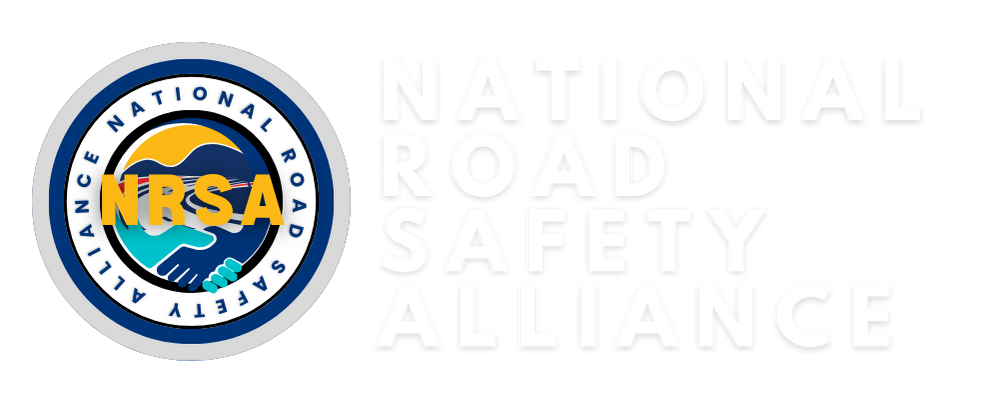Today, June 3rd, marks World Bicycle Day, a global recognition of the bicycle’s enduring appeal and its profound impact on individuals, communities, and the environment. Here in the Philippines, this day takes on an even greater significance as we grapple with traffic congestion, rising fuel costs, and the urgent need for sustainable urban development. For Filipinos, the humble bicycle is more than just a means of recreation; it’s a powerful symbol of alternative transportation, offering a path to a healthier, more efficient, and eco-friendlier future.
Why the Bicycle Matters to Filipinos
The Philippines faces unique challenges that the bicycle can help address:
- Traffic Congestion and Commute Stress: Metro Manila and other urban centers are notorious for gridlock, leading to lost productivity, increased pollution, and immense stress for commuters. Bicycles offer a nimble and often faster way to navigate crowded streets, significantly cutting down on travel time for short to medium distances.
- Economic Accessibility: With soaring fuel prices and the cost of maintaining private vehicles, bicycles present a remarkably affordable transportation option. They require no gas, minimal maintenance, and are an upfront investment that quickly pays for itself. This makes cycling a viable and empowering choice for many Filipinos, especially those in lower-income brackets.
- Health and Well-being: In a nation facing rising rates of lifestyle-related diseases, cycling provides an accessible and enjoyable way to incorporate physical activity into daily routines. Regular cycling improves cardiovascular health, strengthens muscles, boosts mental well-being, and reduces the risk of chronic illnesses.
- Environmental Sustainability: As a non-motorized form of transport, bicycles produce zero emissions, contributing to cleaner air and a reduced carbon footprint. Embracing cycling actively combats climate change and helps foster a healthier urban environment for everyone.
- Community Building: Cycling can foster a sense of community, connecting individuals who share a passion for two wheels. Bike lanes, group rides, and cycling advocacy initiatives create vibrant networks that promote camaraderie and shared goals.
The Philippine government has also recognized the importance of cycling, with Former President Rodrigo Duterte declaring the fourth Sunday of November as National Bicycle Day in 2020. This, alongside the global celebration of World Bicycle Day, underscores a growing momentum for bike-friendly initiatives across the archipelago.
The Impact of NCAP on Bike Users Along Implemented Roads
The recent reimplementation of the No Contact Apprehension Policy (NCAP) along major roads in Metro Manila, including key thoroughfares like EDSA, Commonwealth Avenue, Roxas Boulevard, and others, has brought about a significant shift in traffic discipline. While primarily aimed at motorists, NCAP’s effects indirectly impact bike users, and in many cases, for the better.
- Improved Lane Discipline for Motorists: With the constant surveillance of CCTVs, motorists are becoming more cautious about adhering to traffic rules, including staying within their designated lanes and respecting bike lanes. This has led to reports from cyclists of clearer bike lanes and reduced instances of cars and motorcycles encroaching on their space.
- Enhanced Road Safety: By enforcing traffic laws more strictly, NCAP aims to reduce violations and, consequently, accidents. For cyclists, this translates to a potentially safer riding environment, as reckless driving is discouraged.
- Reduced Congestion: While the direct impact on cyclists might be less about apprehension and more about the ripple effect, a more disciplined flow of traffic can benefit everyone on the road, including those on bikes.
- Challenges and Considerations: It’s crucial, however, to acknowledge that challenges may still exist. While NCAP promotes discipline, the proper design and maintenance of bike lanes remain paramount. There’s also a need for clear guidelines and public awareness campaigns to ensure that cyclists are not inadvertently penalized for unforeseen circumstances, and that the policy truly supports, rather than hinders, active transport.
Moving Forward: A Collective Responsibility
World Bicycle Day is a call to action for all Filipinos. It’s a reminder that embracing the bicycle as an alternative mode of transportation is a powerful step towards building a healthier, more sustainable, and more disciplined Philippines.
For individuals, it’s an invitation to explore the joys and benefits of cycling. For local governments and urban planners, it’s a challenge to continue investing in and improving cycling infrastructure – from protected bike lanes to secure parking facilities. And for all road users, it’s a plea for mutual respect and adherence to traffic laws, ensuring that our roads are safe and accessible for everyone, regardless of their chosen mode of transport.
Let’s pedal forward, together, towards a brighter future for the Philippines. Happy World Bicycle Day!


